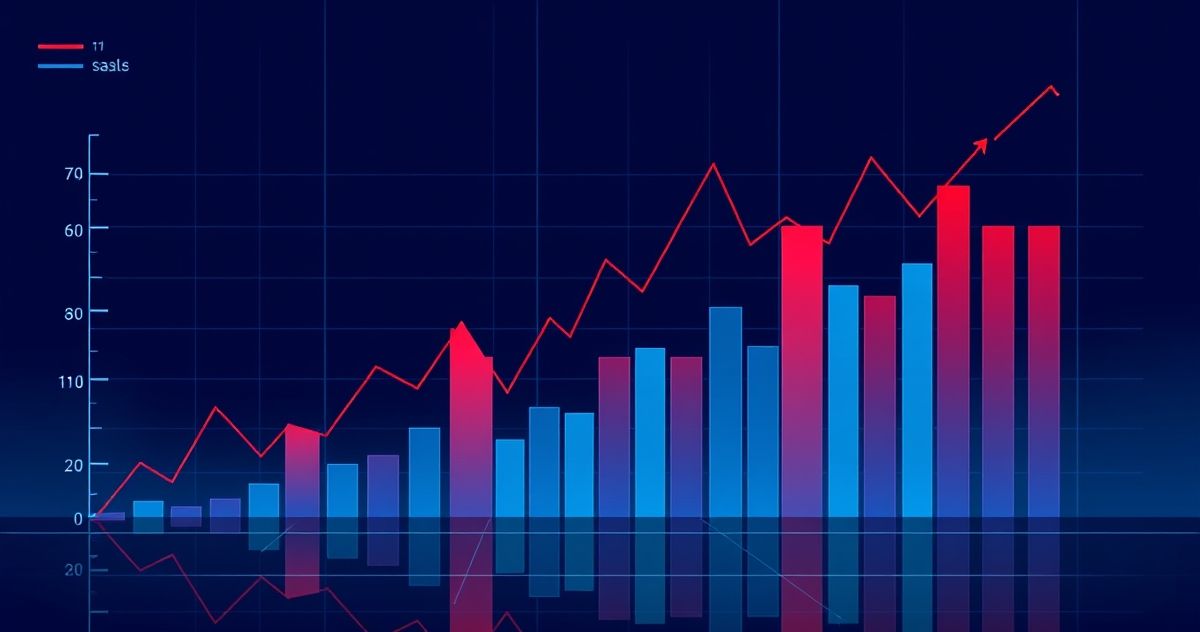
Significant Economic Milestone for Eurozone
Germany recorded a consumer price inflation rate of exactly 2.0% in June, matching the European Central Bank's target and coming in below expert expectations. The German Federal Statistical Office (Destatis) announced on June 30th that the consumer price index rose 2.0% year-over-year, 0.2 percentage points lower than the 2.2% forecast by economists. This marks the first time German inflation has reached the ECB's target rate since February 2024, representing approximately 16 months of progress toward price stability in Europe's largest economy. The achievement of the 2.0% target is particularly significant as Germany serves as the economic anchor for the eurozone, and its inflation trends heavily influence ECB monetary policy decisions.Lowest Level Since Early 2024
The 2.0% inflation rate represents the lowest level recorded since February 2024, demonstrating successful price stabilization efforts in Europe's economic powerhouse. This development signals positive progress in controlling inflation pressures that have challenged European economies over recent years. As the eurozone's largest economy, German inflation dynamics play a crucial role in shaping ECB monetary policy decisions. The moderation in German inflation particularly expands the ECB's scope for potential interest rate reductions. Contributing factors to the inflation slowdown include energy price stabilization, supply chain normalization, and beneficial base effects from previous periods of higher inflation.Impact on ECB Monetary Policy
Franziska Palmas, Senior European Economist at Capital Economics, stated that the latest inflation data would please the ECB, noting that German data demonstrates the central bank has nearly achieved its mission of bringing inflation down to the 2% target level. The ECB has already implemented four interest rate cuts of 0.25 percentage points each this year, bringing the current rate to 2.0%. Germany's achievement of the inflation target is fueling expectations for additional rate reductions. Market participants anticipate the ECB will likely implement at least one more rate cut before year-end, with some analysts suggesting two additional cuts remain possible depending on economic conditions.European Economic Recovery Signals
German inflation stabilization represents a positive indicator of gradual European economic recovery. The moderation of high inflation pressures helps alleviate concerns about consumption weakness and economic slowdown that have affected the region. Particularly promising is the potential for improved German manufacturing competitiveness and increased export activity, which could positively impact the broader European economy. Price stability leads to increased real purchasing power, supporting consumption recovery. However, analysts note that if the German economy fails to transition into full recovery mode, additional ECB monetary easing policies may become necessary.Global Central Bank Policy Coordination
European inflation moderation, including Germany's progress, aligns with global central bank monetary policy easing trends. The U.S. Federal Reserve is also considering interest rate reductions based on inflation stabilization, suggesting increased global liquidity. This coordination of monetary policies is expected to enhance international financial market stability and positively influence global economic growth. Particularly anticipated are increased capital flows to emerging markets and enhanced investment activity. However, excessive liquidity provision carries risks of creating new asset bubbles, requiring careful policy implementation by central banks worldwide.Future Outlook and Risk Factors
Experts forecast that German inflation will maintain stable levels for the foreseeable future. However, they identify energy price volatility, geopolitical risks, and potential global supply chain disruptions as key variables that could influence future trends. Particularly, the prolonged Russia-Ukraine conflict and Middle East regional instability could impact energy and commodity prices, potentially creating upward inflation pressures. The ECB is expected to continue data-dependent monetary policy while closely monitoring these risk factors. The central bank's approach will likely remain flexible and responsive to evolving economic conditions.Original: https://trendy.storydot.kr/economy/germany-inflation-june-2-percent-ecb-target


0 Comments